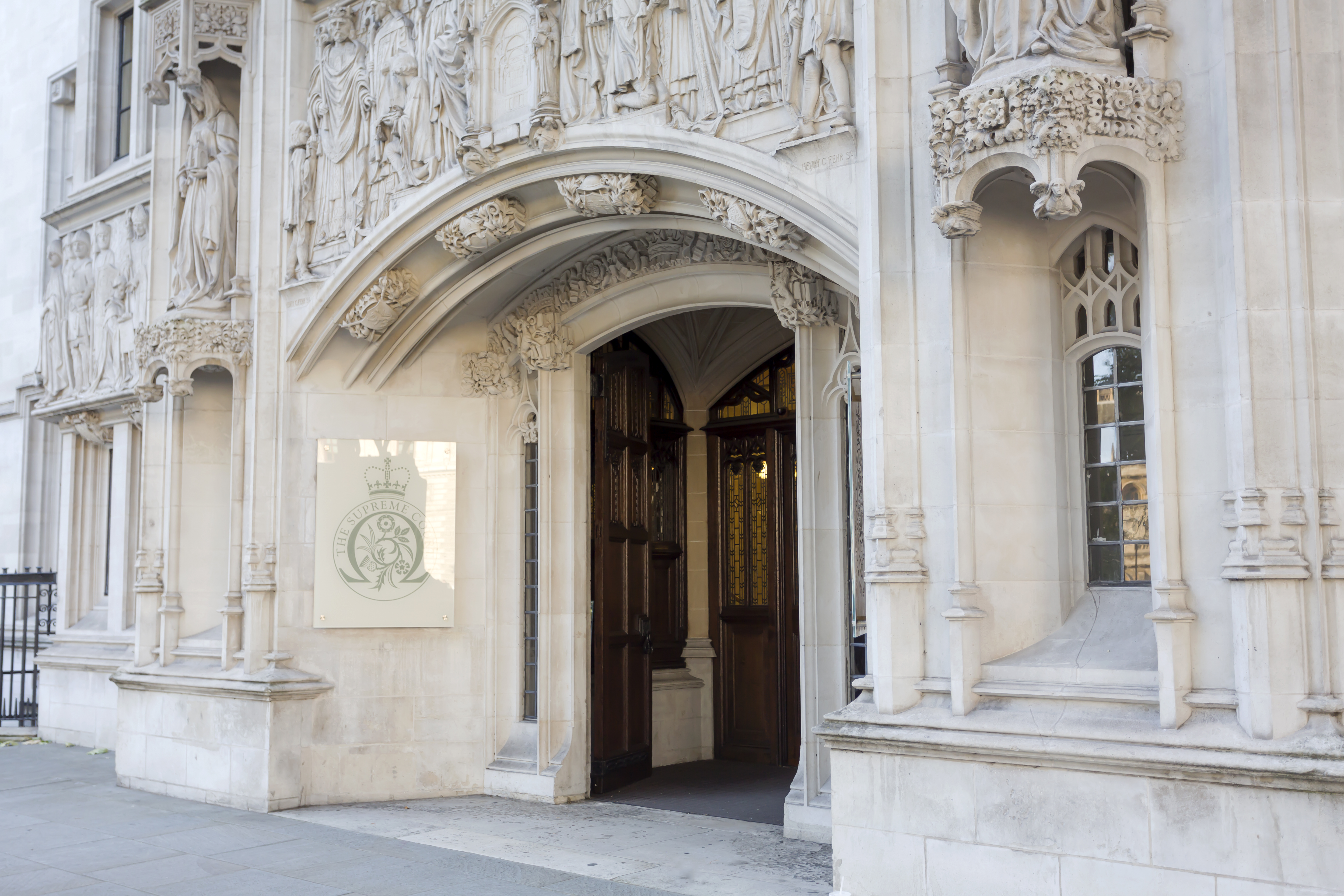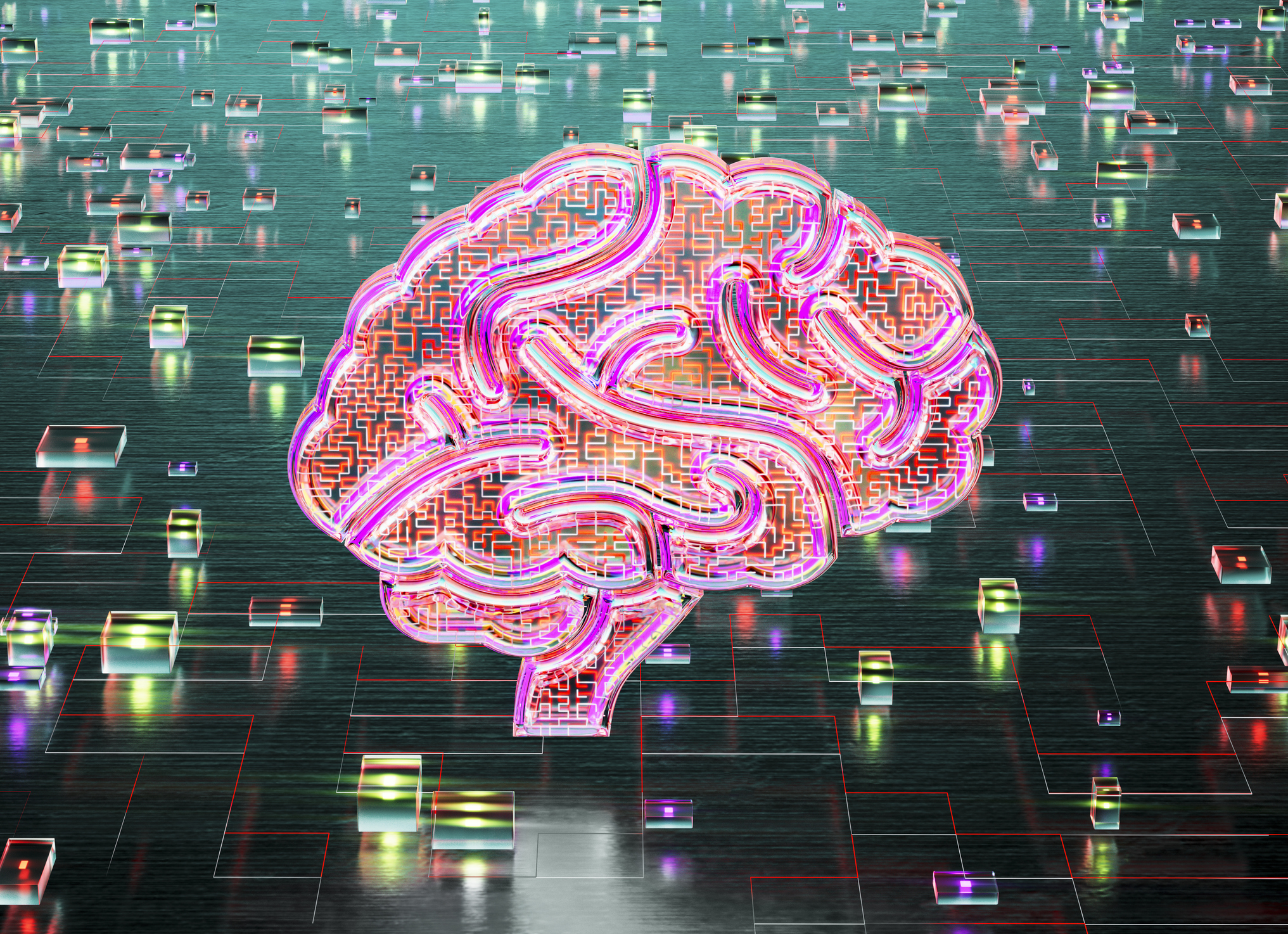Supreme Court ruling on AI patents could hinder UK’s future AI ambitions
The US creator of an AI argued that it created two products and should be named as the inventor and granted patents


Sign up today and you will receive a free copy of our Future Focus 2025 report - the leading guidance on AI, cybersecurity and other IT challenges as per 700+ senior executives
You are now subscribed
Your newsletter sign-up was successful
A UK Supreme Court ruling on whether AI can be legally named as an inventor has been criticized for its potential to negatively impact the nation's AI innovation ambitions.
US computer scientist Dr Stephen Thaler claimed that an AI he had developed, dubbed 'Dabus', autonomously created a container for food or drink and a light beacon. As its owner, he argued, he had the right to patent its inventions.
The Intellectual Property Office (IPO) ruled against him, and subsequent court cases at the High Court and the Court of Appeal in 2020 and 2021 went against him.
In today's hearing, Judge Lord Kitchin said that the IPO was right to decide that Dabus was not an inventor of the products described in the patent applications under the Patents Act 1977.
"It is not a person, let alone a natural person and it did not devise any relevant invention. Accordingly, it is not and never was an inventor for the purposes of... the 1977 Act," he said.
The Supreme Court’s decision has been met with mixed reactions from legal experts and industry stakeholders.

Robert Jehan, partner at intellectual property law firm Williams Powell, argued that patent law in the UK should be able to protect inventions created by an AI system.
Sign up today and you will receive a free copy of our Future Focus 2025 report - the leading guidance on AI, cybersecurity and other IT challenges as per 700+ senior executives
"The state of UK patent law as held by the UK Supreme Court in this judgment puts the UK at a substantial disadvantage in relation to supporting our industries that develop and use AI in the generation of new technologies," he said.
Jehan added that the current lack of patent protection in the UK for AI-generated inventions could harm creators and prevent them from disclosing inventions created by AI systems.
“The position in the UK currently, therefore, is that the lack of patent protection for AI generated inventions, aside from potentially pushing pro-patent industries to look to set up elsewhere outside the UK, can be expected to act at best as a disincentive to disclose inventions created by AI systems. The patent system exists specifically to avoid this."
Supreme Court AI ruling “rooted in historical context”
Nick White, partner at law firm Charles Russell Speechlys, acknowledged the huge potential for artificial intelligence to support innovation. However, he noted that any future decisions on the matter lie with policymakers.
"As AI systems continue to advance in sophistication and capability, there is no denying their ability to generate new and non-obvious products and processes with minimal, or perhaps even without any, ongoing human input," he said.
"Nevertheless, the legal framework remains firmly rooted in historical context, and it does not recognize AI systems as inventors under patent law, or as capable of owning IP. Change may be on the horizon, but it will most likely come from the policy makers, rather than the judges."
RELATED RESOURCE

Discover how AI can increase your security team's productivity
Toby Bond, partner at law firm Bird & Bird, said the long-term implications of the decision are unlikely to have a significant material impact on businesses.
Moving forward, many will simply ensure human involvement in any research and development activities to accommodate for the ruling.
"There may be scenarios where the use of an AI system adds new potential classes of individuals - for example, AI developers - who may have a claim to be an inventor," he said.
"This would require the application of existing case law regarding inventorship to a new situation. However, the results of this analysis should be predicable and the usual commercial solution of ensuring that rights to inventions are managed in commercial contracts would still apply."
Emma Woollacott is a freelance journalist writing for publications including the BBC, Private Eye, Forbes, Raconteur and specialist technology titles.
-
 ITPro Best of Show NAB 2026 awards now open for entries
ITPro Best of Show NAB 2026 awards now open for entriesThe awards are a fantastic opportunity for companies to stand out at one of the industry's most attended shows
-
 Mistral CEO Arthur Mensch thinks 50% of SaaS solutions could be supplanted by AI
Mistral CEO Arthur Mensch thinks 50% of SaaS solutions could be supplanted by AINews Mensch’s comments come amidst rising concerns about the impact of AI on traditional software
